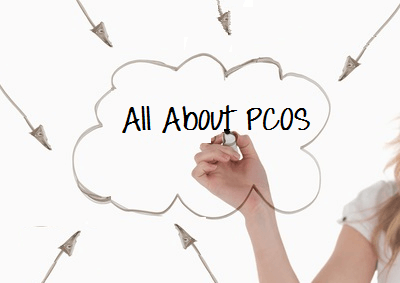The basics: PCOS, periods, and fertility
What exactly is PCOS? And why do women with PCOS have trouble with their menstrual cycle and fertility?
When a woman has PCOS, her ovaries (where a woman’s eggs are produced) have tiny fluid-filled sacs called follicles or cysts.
As the egg grows, the follicle builds up fluid. When the egg matures, the follicle breaks open, the egg is released, and the egg travels through the Fallopian tube to the uterus (womb) for fertilization. This is called ovulation.
Ovulation: How PCOS affects menstrual cycles and fertility
In women with PCOS, the ovary doesn’t make all of the hormones it needs for an egg to fully mature.
The follicles may start to grow and build up fluid, but ovulation does not occur.
Instead, some follicles may remain as cysts.
For these reasons, ovulation does not occur and the hormone progesterone is not made. Without progesterone, a woman’s menstrual cycle is irregular or absent. Plus, the ovaries make male hormones, which also prevent ovulation.

